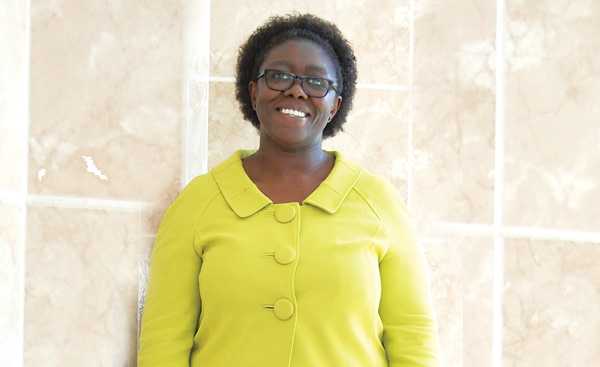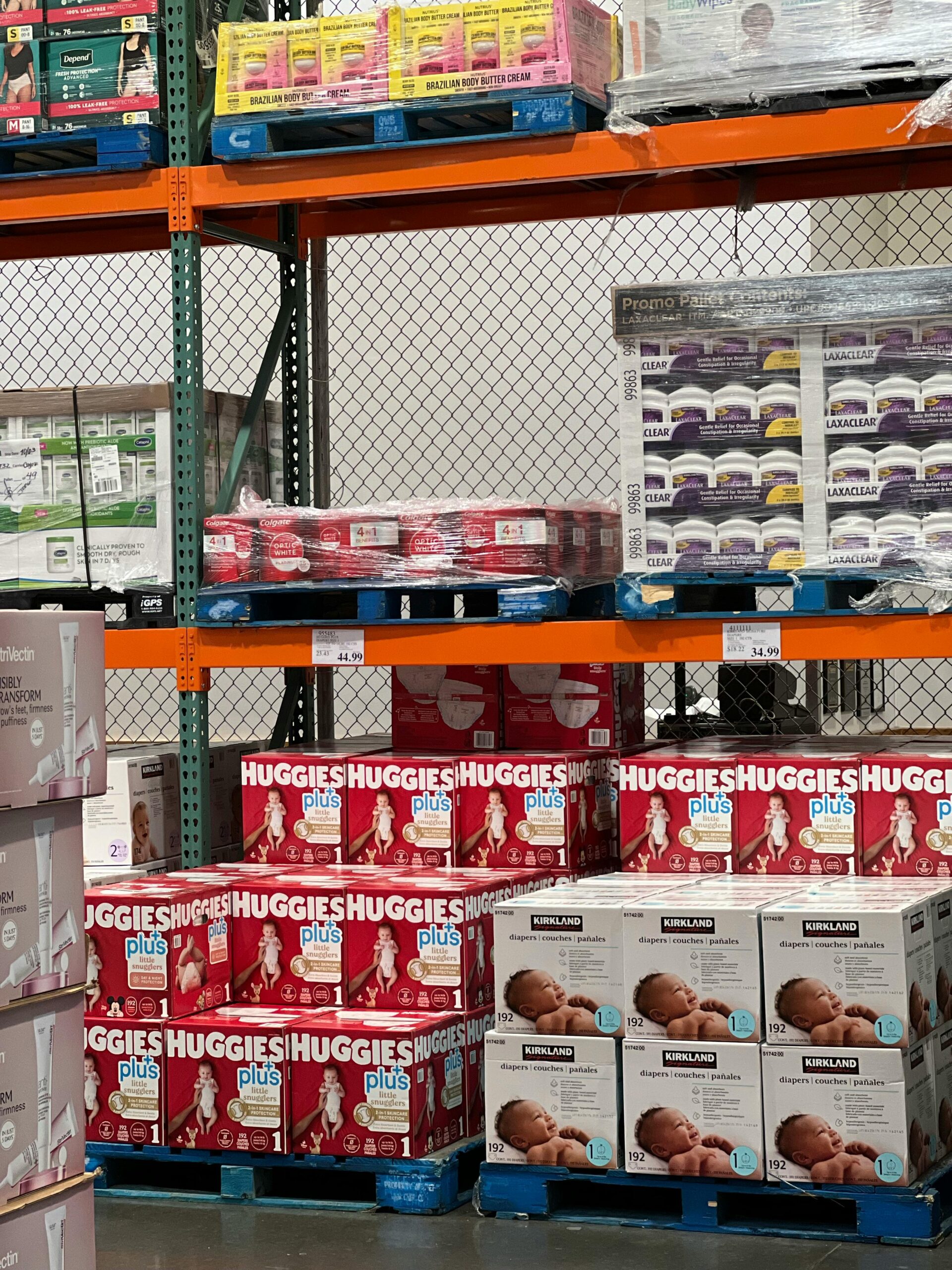Carole Osero-Ageng’o PROMOTING Gender Equality
The place and status of women and girls have been compromised since time immemorial. Patriarchal system ensured that women were subjugated and any efforts to liberate them were thwarted using

The place and status of women and girls have been compromised since time immemorial. Patriarchal system ensured that women were subjugated and any efforts to liberate them were thwarted using any means possible. The feminist movement seeks to highlight the plight of women around the world, and offering solutions that would ensure that the status of women in society is raised. Here in Kenya, women like Carole Osero-Ageng’o are at the forefront in advancing towards the equality for women. She opens up to ESTHER KIRAGU on this delicate topic in a month that celebrates International Women’s Day.
From the onset of this interview, it is clear that Carole is passionate about women issues and has no apologies for being a feminist. Oddly, she draws her inspiration from her late father who believed in gender equality.
“My dad’s subtle actions spoke volumes. Despite being part of a patriarchal rural society, he elevated me to the rank of my brothers. I am the fourth born in a family of 10 siblings, eight of whom are boys. Yet, several times, my dad would ask me not to cook and then proceed to tell my brothers to go and make a meal for the family. This was his way of validating that the woman’s place isn’t in the kitchen. He gave me an identity,” she recounts with obvious nostalgia of her dad who passed on four years ago at the age of 73.
On being raised by a feminist father
Carole laughs at the thought that at some point during her childhood, she had wished she were a boy. “Perhaps it was growing up with many brothers. What was I thinking?” she says amidst a bout of humour and clarifies that she is content with being a woman.
One childhood scenario that she recalls vividly was when she was about to sit the Certificate Primary Education (CPE). The requirement then as is now, was that she selects four different potential schools to join for her secondary school education. Instead, her dad insisted that she fills up all the four slots with the name of one national school: Kenya High School.
“To me, he was simply saying that I could only go to the best school for my education. This great belief in my potential has always given me the confidence in life to pursue my desires in life. And yes, I excelled and was admitted to Kenya High School,” she quips.
While in high school, she focused on languages and studied French, emerging as the best student in French as a form two student. This won her a year’s school fees paid by the French Embassy in Kenya. Later, she won a trip to France at the age of 18 having emerged as the best A level student in a contest organised by the Alliance Francaise in Nairobi. In addition, she picked up German and did so well to warrant a trip to Germany at the age of 17.
Carole says she owes a big part of who she is today to her late father and together with a group of friends, some of whom have lost their fathers; they are in the tail end of a process of writing a book in honour of their fathers.
Feminism, men and marriage
For a long time, feminism has been purported to be a negative word. Most people have a somewhat old-fashioned or inaccurate notion of what feminism is and whether it is relevant in today’s society. Experts believe feminism is relevant today.
Possibly, it is this realisation that brought experts together on March 2, 2014 at the United Nations (UN) headquarters in New York, where they emphasised the need to engage men and boys as allies and agents
of change in the global struggle for gender equality, saying that it is not just a concern for women and girls. Also during the March 8, 2014 International Women’s Day, the UN Women initiated a campaign called HeForShe, whose aim was to engage men and boys as agents of change for the achievement of gender equality and women’s rights by encouraging them to take action against the inequalities faced by women and girls.
This shows men too have a role to play in advocating for gender equality. For instance, a feminist father is considered to be one that seeks to transcend the social, political, cultural and economic landscape in order to raise a fully realised human being. Carole believes that home is where primary ideas, norms and beliefs are built and so
to deal with the issue of gender equality, men must begin at home. They should dissociate themselves from many of the regressive cultural beliefs that exist in their communities, as was the case with her late father.
She demystifies the belief that feminists are averse to men, as she has been married
14March 2015www.parentsafrica.com | facebook:ParentsMagazine | twitter:@parentsafricafor 26 years now to Mike Ageng’o, a banker. She describes Mike as her first love. “Mike is a very supportive husband and his focus and commitment has been a source of strength and inspiration for me. Whenever we have conflict, as is normal of any marriage, Mike is the voice of reason, always reminding me of our vows,” she says.
Regarding feminism and the alleged conflict in marriage, Carole insists feminism is not about a woman becoming a man or like a man. She says, “It is about equity of opportunities in socio, economic and political fronts. In marriage, the man is the head of the family and women ought to understand the wisdom of the analogy of the head and neck. The head represents the man while the neck represents the woman. Although the head sits on the neck, it can only move in the direction, which the neck allows it to move. It is all about your approach and perspective to issues in your marriage.”
A remarkable impact on women and girls
Although Carole preferred to study languages in her higher education, her father directed her towards a degree in law. She thus joined the University of Nairobi to study law in 1987 and was admitted to the bar in 1992. Today, she is grateful that she listened to the wise counsel of her father, and one her older brothers Austin Kosero, as both law and her love for humanities have largely carved out her career life.
She has practised in different law firms and organisations, including the Federation of Women Lawyers (FIDA Kenya), a non-governmental organisation involved in the promotion, protection and preservation of the rights of women and children. Although she enjoyed legal practice for 11 years, when she got an offer to get into advocacy work as a regional programmes officer at Equality Now in 2003, she grabbed it. The opportunity was still within her passion of dealing with womens’ agenda as the organisation works for the protection and promotion of the human rights of women and girls around the world.
Carole reckons that the job became a turning point in her career life, as it enabled her to cement her place in international advocacy. She worked on issues of female genital mutilation (FGM), trafficking of women and addressing the many other harmful traditional practices in largely francophone African countries and in a few anglophone African countries. The job entailed striving to change social attitudes in communities that practiced vices against women, while also using the law to push for change.
“There are no quick or easy solutions because in many African societies, there are deep cultural and/or religious beliefs that perpetrate these vices. However, there has been a change of social attitudes in some societies and strides have been made, but the reality is that this is, and will still be, a slow ongoing process,” she opens up on her experience of working towards curbing harmful practices against women and girls.
One of the most exciting assignments she is proud to be part of during her five-year stint at Equality Now was campaigning for the universal ratification on the Protocol to the African Charter on Human and Peoples’ on the Right of Women in Africa. The Protocol that entered into force in 2005 serves as a guideline on how best to apply excellent standards in cases of violations of women’s rights. One of the things it provides for is enabling governments to develop laws that prohibit discrimination against women such as guaranteeing access to justice and political participation, protection of women in armed conflict and the provision of education, training and health care.
Carole had worked at Equality Now for five years before she resigned to go into consultancy while finalising her studies for a Master of Arts in International Conflict Management. In addition, she served as the gender advisor to the Waki commission set up after the 2007/2008 post-election violence. She describes her experience as mind-blowing especially after encountering women and girls who were victims of the violence.
“The reality is that during war, women suffer violence regardless of their tribal, political and economic status. The same violence a poor woman suffers when battered in one homestead is not any different from that of a woman battered in a rich man’s homestead. My wish is that people understand violence against women cuts across political, tribal and economic differences in any society hence the need to fight it as a team,” she says somberly.
Presently, Carole works as an Associate Regional Director in charge of policy and advocacy in the African regional office at Planned Parenthood Federation of America. The organisation deals with women’s health, safety and reproductive rights. “ I am happy to use my creativity, skills, experience and knowledge to push the womens’ agenda,” she says. She also finds time from her busy schedule to mentor young women, most of who are in the human rights field.
Family life
Carole and her husband Mike have two children, Stephanie, 21, pursuing a Law Carole’s son Emmanuel, her grnd daughter Akinyi and her daughter Stephanie degree and Emmanuel, 25, pursuing a Master of Business Administration (MBA) in Strategy and Development. She is also a grandmother to a 16-month-old girl, Akinyi, and admits she cannot imagine what her life was prior to the birth of her grandchild in September 2013, as she is so taken by her and enjoys spending time with her.
Her daughter, Stephanie, together with some of her friends, has come up with a programme called The Leadership Initiative whose focus is to educate girls from needy backgrounds. Carole had founded a child’s rights organisation in 2005 called Tomorrow’s Child Initiative to help with educating girls from needy backgrounds. To date the Initiative has sponsored eight girls through secondary education. Even though the initiative has slowed down its operations currently, Carole is working to keep it working full throttle once more.
“I am in the process of assisting my daughter and her friends put up organisational structures so that they can carry on with the work that was began by Tomorrow’s Child Initiative,” Carole explains adding that the programme will also incorporate boys owing to the challenges facing the boy child today.
In conclusion, Carole says she believes life is both a give and take as no one can claim to know everything in life. As a result, she has learnt to draw a lot from older, wiser women even as she impacts on younger women.
esther@parents.co.ke




